
At the end of the class, the three astronauts extended their regards to the students.
"I hope all of you will study hard, learn more and contribute to the Chinese dream," said Nie.
"Outer space is deep and has numerous mysteries. Exploration is limitless and we should work together in this regard," said Zhang Xiaoguang, one of the crew.
Born in east China's Shandong Province, the 33-year-old Wang is China's second female astronaut after Liu Yang, who entered the record books after participating in the Shenzhou-9 mission, which took place in June 2012.
The world's first teacher in space was Christa McAuliffe, a 37-year-old middle school teacher from the United States. She was aboard the space shuttle Challenger when it disintegrated 73 seconds after takeoff on Jan. 28, 1986. McAuliffe and her other six crewmates were killed.
Barbara Morgan, McAuliffe's backup for the mission, taught the first lesson in space in 2007, when she was sent to the International Space Station via the space shuttle Endeavor. Via a video feed, she showed students how to exercise and drink water in space.
Millions of ordinary Chinese were as excited as children in the classroom.
Nineteen-year-old Lu Huihui watched the TV live broadcast at the hair salon where she worked as an assistant.
"All the demonstrations are really wonderful and interesting. But, to be honest, I do not get what the teacher talked about, such as those laws of physics," said the young girl from a rural family who dropped out in her third year at the junior middle school.
"After the lecture, it struck me that I could search a bit about the knowledge of the space on line when I am off," she said.
Professor Zhang Chunli from Beijing Normal University said Wang's space lecture is a landmark achievement.
"Space programs used to be hush-hush projects involving only scientists and astronauts. But today, ordinary people, especially young people, turned from spectators to participants, which is of great significance," she said.
She said she expects the lesson to encourage more young people to engage in scientific exploration.
The space lesson is aimed at making astronomy more popular, as well as inspiring enthusiasm for science, said Zhou Jianping, designer-in-chief of China's manned space program, who added that the lesson will also help to build experience for similar activities in the future.
"The spirit of science of the youth is an important drive for the progress of mankind," said Zhou. "Space activities can help them build up the spirit of seeking science and facing challenges."


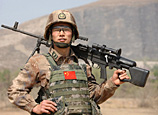
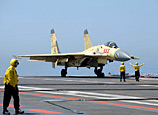
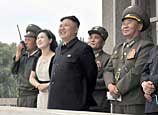
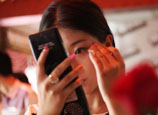
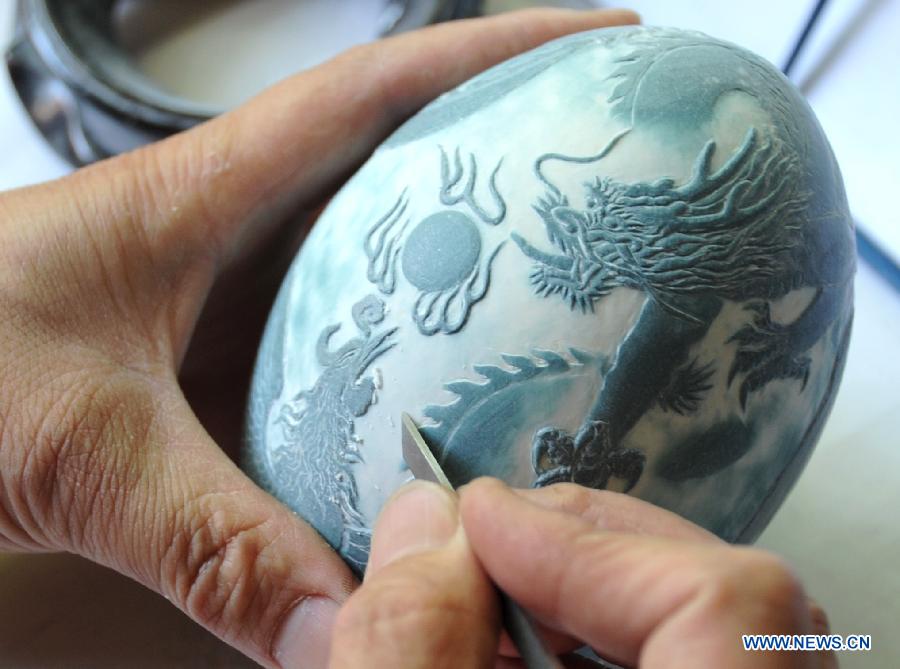
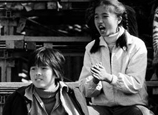
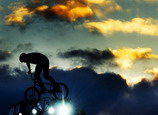
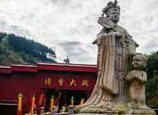

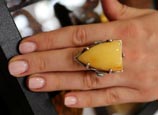






 Shocking! Hairy stocking to beat sex harassment
Shocking! Hairy stocking to beat sex harassment


![]()
